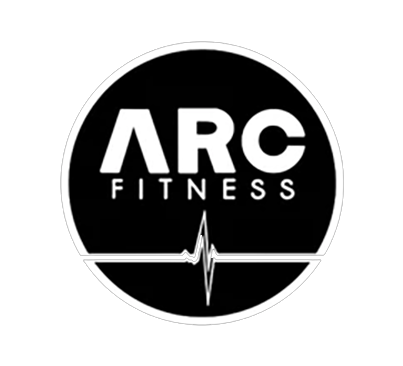No products in the basket.
Uncategorized
Withdrawal’s & Sleep
Withdrawal’s & Sleep
Quitting drugs and alcohol use is a positive step toward a healthy lifestyle, but it’s rarely easy. After prolonged use, the body becomes physically dependent on alcohol and certain drugs and withdrawal or detox is its response to the absence of the substance.
The withdrawal process often causes physical and emotional discomfort and can include:
Feeling achy
Anxiety and restlessness
Sweating
Insomnia
Stomach upset
Rapid heartbeat and high blood pressure
Not a pleasant combination.
These symptoms are particularly uncomfortable and can make it pretty difficult to sleep well.
It’s important to note that regular good quality sleep is essential for maintaining good health, and without it, your recovery may be more difficult. In just a short period this substance induced insomnia can cause exhaustion, immune system suppression, and contribute to stress.
Unfortunately, there is a high level of relapse for people who struggle to deal with the symptoms of insomnia. On the other hand, sometimes, people going through withdrawal symptoms actually sleep MORE than usual.
Everyone is different (I wasn’t the latter).
This lack or increase in sleep can change sleep patterns from normal to erratic. And overall, quitting the use of drugs can change the body’s natural rhythm, and the body works toward a more normal sleep pattern during recovery.
It’s possible for people recovering from drug addiction to experience disturbed sleep patterns for months during and after recovery, but generally, the first few days are the worst for sleep and other withdrawal symptoms.
Ready for some science??
Whilst under the influence of substances, the brain creates less dopamine (happy/reward chemical) , and during withdrawal, the body is still working pretty hard to get back to its normal production levels.
It can take a month or more to get the body back to producing an adequate level of dopamine. Without enough dopamine production, dealing with the stress of sobriety can be a problem.
The good news is:
This withdrawal insomnia is usually temporary. Sleep patterns should return to normal as part of the recovery process. However, as mentioned earlier, this lack of sleep can make recovery more difficult than it has to be.
By incorporating healthy sleep habits, even during alcohol / drug withdrawal, can make it easier to get good sleep and establish a healthier lifestyle. Getting quality sleep during withdrawal can be a particular challenge but focusing on getting as much rest can definitely help support recovery.
If you suffer withdrawals, Consider the following to help improve sleep quality:
Seek treatment.
Some people when the stop using benefit from medications that treat withdrawal symptoms. These medications can make lessen the discomfort associated with detox and speed the recovery process. It’s a good idea to consider sleep medication ONLY if you are continually struggling with sleep during withdrawal.
Follow a relaxing bedtime routine.
Withdrawal can be stressful, and stress often makes sleep more difficult. It’s tough to relax and drift off to sleep while feeling stressed or anxious. If stress is a problem, be sure to focus on relaxing activities that can make it easier to feel calm and fall asleep. Drinking tea, taking a warm bath, reading a book, listening to music and practicing mindfulness are good choices for relaxation before bed.
I find a big bowl of porridge just before bed usually does the trick.
Maintain regular sleep times.
Structure and routine! Going to sleep and waking up around the same time each night and day can be helpful for resetting the body’s natural clock to a more healthy schedule. Consistency is key, even on weekends and holidays.
Sleep in a healthy environment.
Bedrooms should be clean, quiet, dark, cool, and comfortable for the best sleep. Ditch the noise, clutter and electrical items.
Withdrawal from drug or alcohol dependence is tough and uncomfortable. Unfortunately, insomnia may come with the territory.
Healthy sleep will support a healthy recovery leading to you maintaining an alcohol / drug-free lifestyle in the long term.
Be sure to practice healthy sleep habits during recovery for an easier experience.
Good night
